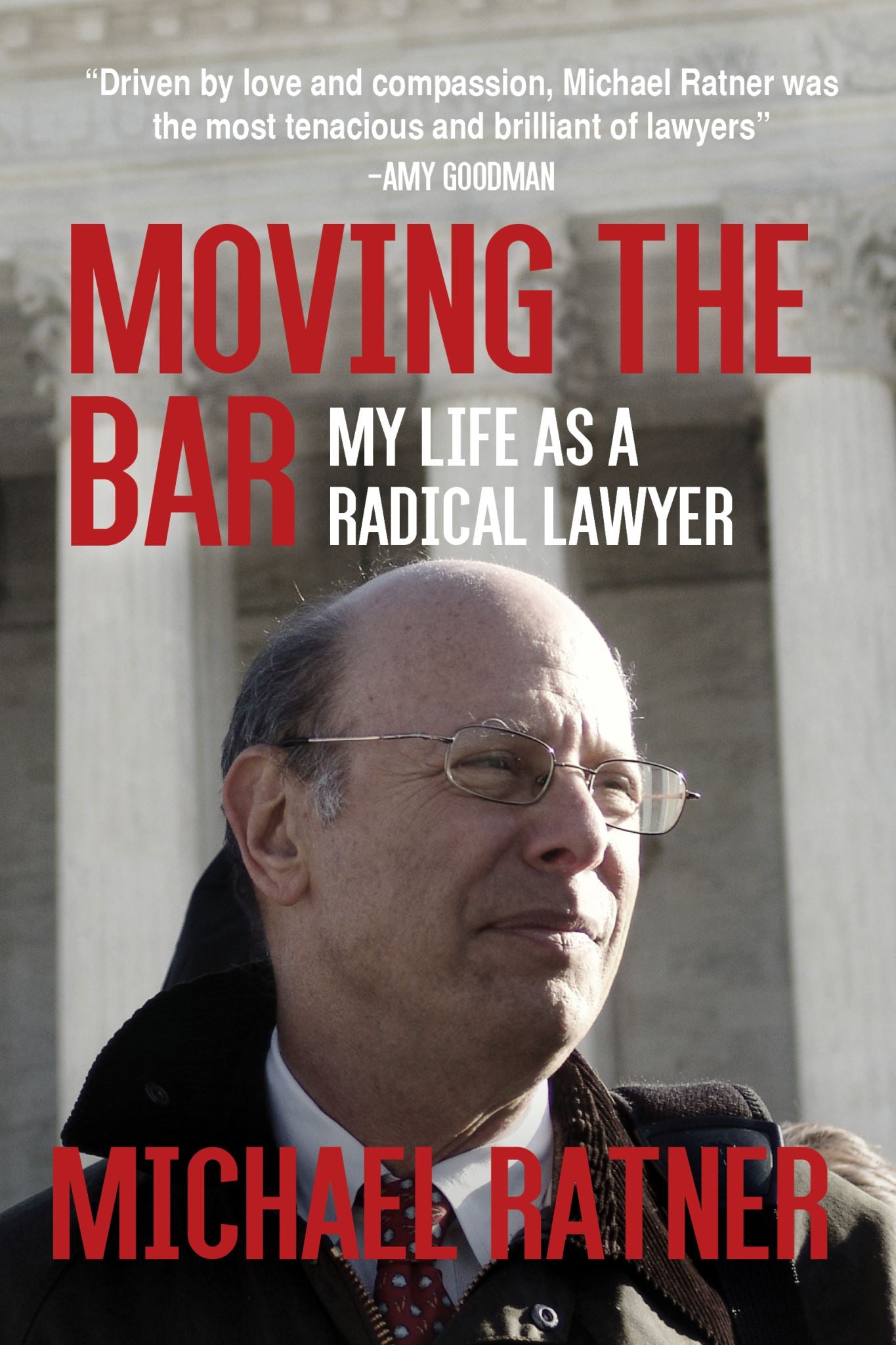Description
Condition: BRAND NEW
ISBN: 9781682193099
Format: Trade paperback (US)
Year: 2021
Publisher: OR Books
Description:
Michael Ratner (1943–2016) was one of America’s leading human rights lawyers. He worked for more than four decades at the Center for Constitutional Rights (CCR) becoming first the Director of Litigation and then the President of what Alexander Cockburn called “a small band of tigerish people.” He was also the President of the National Lawyers Guild.
Ratner handled some of the most significant cases In American history. This book tells why and how he did it.
His last case, which he worked on until he died, was representing truth-telling whistleblower and now political prisoner Julian Assange, the editor of WikiLeaks.
Ratner “moved the bar” by organizing some 600 lawyers to successfully defend habeas corpus, that is, the ancient right of someone accused of a crime to have a lawyer and to be brought before a judge.
Michael had a piece of paper taped on the wall next to his desk at the CCR. It read:
4 key principles of being a radical lawyer:
1. Do not refuse to take a case just because it is long odds of winning in court.2. Use cases to publicize a radical critique of US policy and to promote revolutionary transformation.3. Combine legal work with political advocacy.4. Love people.
Compelling and instructive,Moving the Baris an indispensable manual for the next generation of activists and their lawyers.
ISBN: 9781682193099
Format: Trade paperback (US)
Year: 2021
Publisher: OR Books
Description:
Michael Ratner (1943–2016) was one of America’s leading human rights lawyers. He worked for more than four decades at the Center for Constitutional Rights (CCR) becoming first the Director of Litigation and then the President of what Alexander Cockburn called “a small band of tigerish people.” He was also the President of the National Lawyers Guild.
Ratner handled some of the most significant cases In American history. This book tells why and how he did it.
His last case, which he worked on until he died, was representing truth-telling whistleblower and now political prisoner Julian Assange, the editor of WikiLeaks.
Ratner “moved the bar” by organizing some 600 lawyers to successfully defend habeas corpus, that is, the ancient right of someone accused of a crime to have a lawyer and to be brought before a judge.
Michael had a piece of paper taped on the wall next to his desk at the CCR. It read:
4 key principles of being a radical lawyer:
1. Do not refuse to take a case just because it is long odds of winning in court.2. Use cases to publicize a radical critique of US policy and to promote revolutionary transformation.3. Combine legal work with political advocacy.4. Love people.
Compelling and instructive,Moving the Baris an indispensable manual for the next generation of activists and their lawyers.

